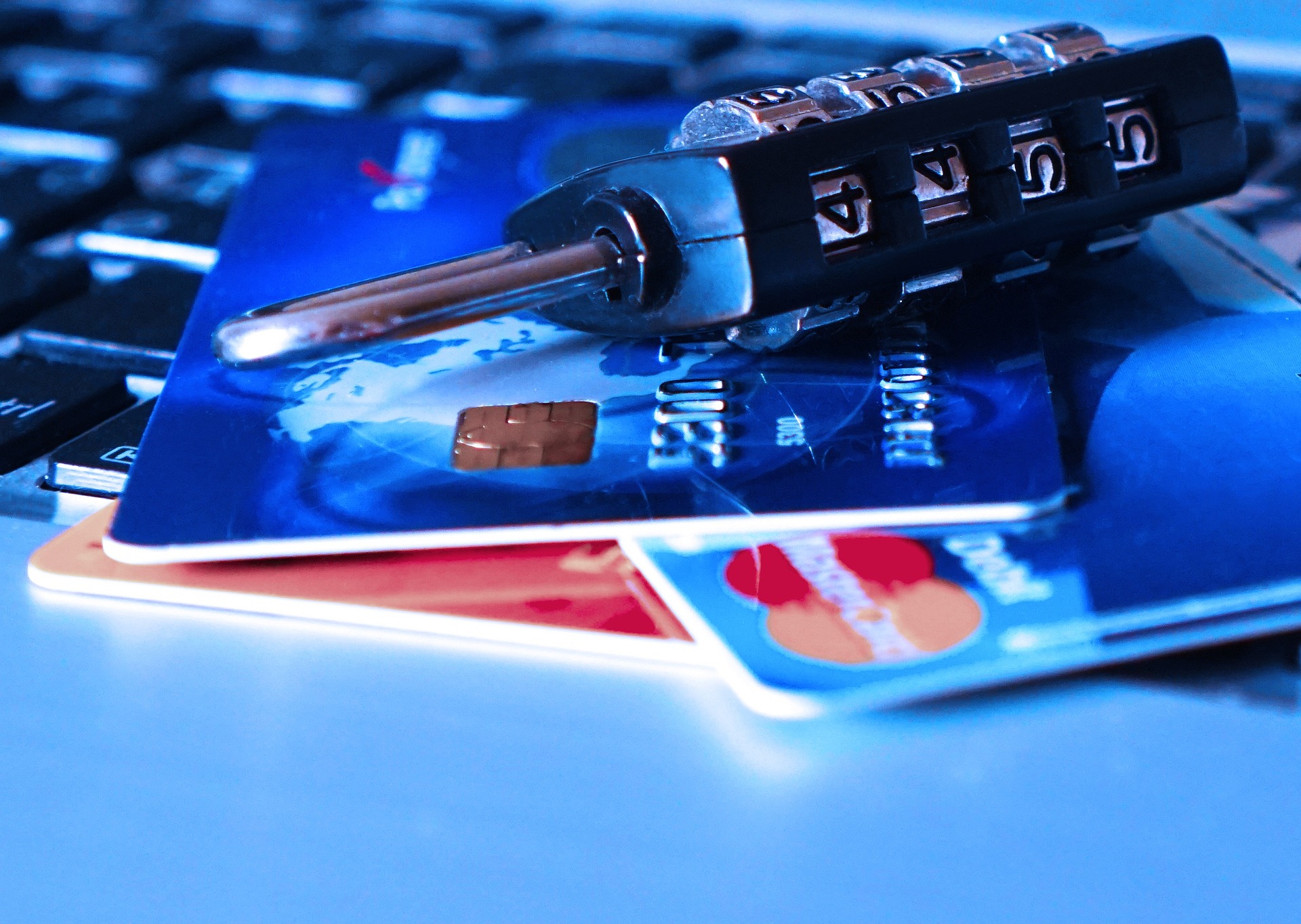Credit cards have become an indispensable component of modern life. They’re convenient, widely accepted, and, when used wisely, can help you develop credit. The ease, however, comes with the risk of credit card fraud and identity theft. In this post, we’ll look at various ways to keep your credit card information secure.

Keep your credit card protected
Keep your credit card safe as your first line of defence against credit card fraud. Don’t leave it laying about where it might be seen, and don’t lend it to anyone. When not in use, keep it in a safe place, such as a wallet or pocketbook. If you lose or steal your card, notify your card issuer immediately.
Check your statements regularly
Regularly reviewing your credit card bills can help you detect unauthorised charges before they cause too much damage. Check all charges, no matter how minor, and immediately report any suspicious behaviour to your card issuer. Some providers even provide SMS or email alerts for new charges, making it easy to keep track of your account.
Make use of secure websites
Always utilise secure websites when shopping online. Look for the “https” at the start of the URL and the lock icon in the address bar, both of which signal that the site is encrypted and secure. Don’t enter your credit card information on a website that doesn’t appear safe or if you have any doubts about its legitimacy.
Make use of strong passwords
If someone gains access to your online account, your credit card information may be compromised. To avoid this, use strong, difficult-to-guess passwords. To keep your passwords safe, avoid using the same password for many accounts and consider using a password manager.
Be cautious of phishing scams
Fraudsters frequently use phishing scams to acquire credit card information. These scams typically involve an email or phone contact from someone posing as your card issuer and requesting personal information. Never give your credit card information over the phone or over email, and always check the veracity of the person or organisation requesting it.
Be cautious when using public Wi-Fi
Hackers aiming to steal personal information might thrive on public Wi-Fi networks. When making online transactions or checking your credit card details, avoid utilising public Wi-Fi. If you must use public Wi-Fi, safeguard your data by utilising a virtual private network (VPN).
Make use of biometric authentication
As an added layer of protection, several credit card issuers now offer biometric authentication, such as fingerprint or face recognition. Even if someone gains access to your device, this can help prevent unauthorised access to your credit card information.
In conclusion, credit card security is a critical factor for everybody who utilizes credit cards. You may lower your chances of credit card fraud and identity theft by following these guidelines. Keep your card safe, check your statements on a regular basis, use secure websites, use strong passwords, avoid phishing scams, use public Wi-Fi with caution, and use biometric authentication when possible. If you are watchful, you will be able to enjoy the convenience of credit cards with peace of mind.

